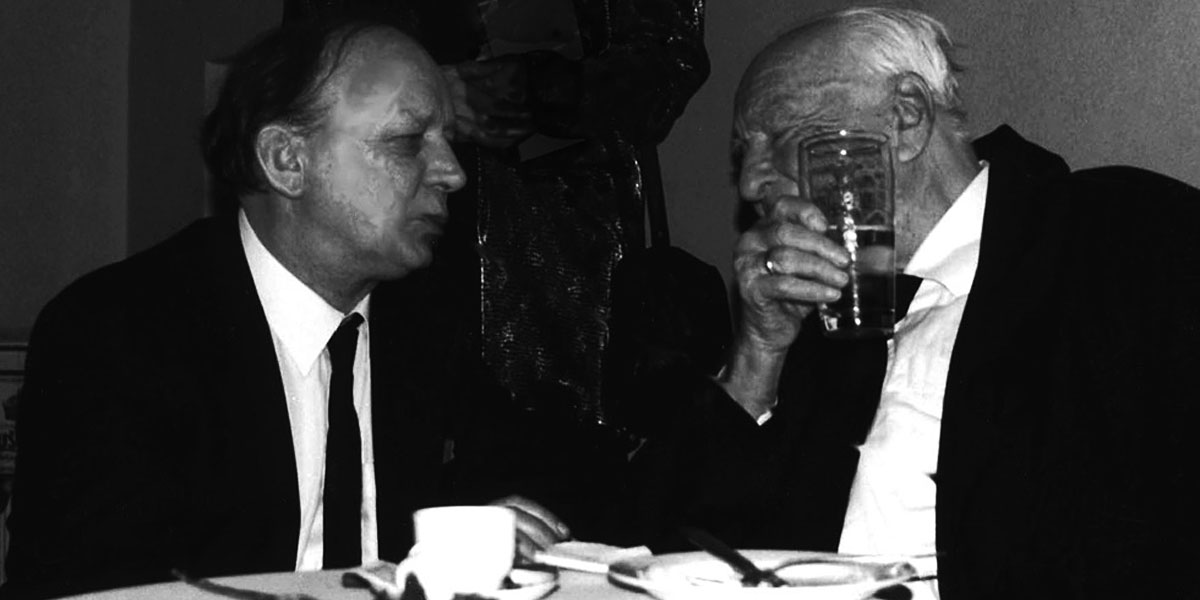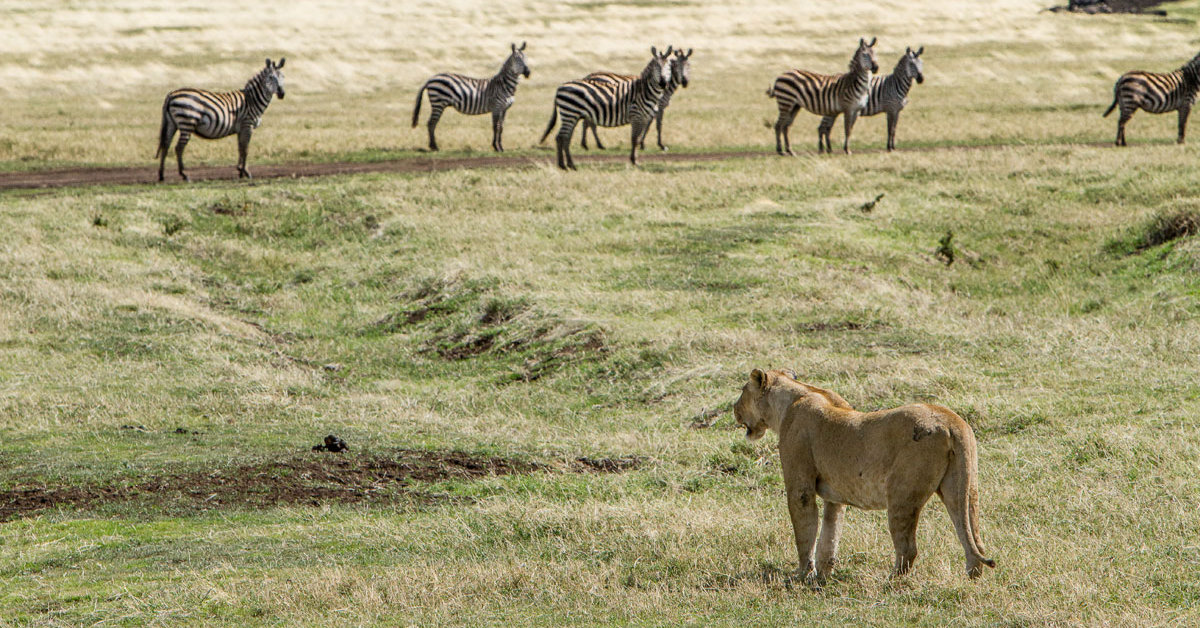Last Thoughts on Dalibor Vesely
Dalibor Vesely (1934-2015) is the subject of legend at Cambridge University. He was my diploma tutor at the Faculty of Architecture, where he taught during the 80s and 90s.
There was a story about him driving a tank on national service where a wrong turn almost caused World War III. There were other tales of him representing Czechoslovakia as a champion canoeist or a fencer and even performing as a professional ballet dancer. Whilst researching this essay I was told that he claimed to be an Olympic standard skier and professional violinist and he had to give up both after he broke his arm. Quite which of these rumours were true, I have no idea and at times I wondered whether Dalibor started them for his own amusement. There was a sense that he had attended all of Europe's great universities and downed copious quantities of slivovitz with everyone from Norm Chomsky to Jaques Derrida. This may have been true, and he certainly did know Václav Havel but knowing how well some of my Eastern European cousins have blagged their way into roles, the truth may have been very different; not that it could take anything away from him - if anything it would make me respect him more.
For much of the 20th century, the scientific approach to architecture has been adopted at the expense of deeper cultural concerns. I was fortunate to be taught by Dalibor Vesely during the 90s and he had these issues at the forefront of his mind. I never really understood a word he said - partly because of his thick Czech accent and partly because of his love of complexity. Phenomenology was his thing, which I never really got until just recently when I was listening to the radio and Melvin Bragg had it explained to him very clearly and I realised it wasn't that complex at all. Dalibor operated a gnostic approach where hidden knowledge was slowly imparted to the faithful and his taste for gothic and rococo was a perfect complement to this.
Shortly after leaving Cambridge, my friend Jamal Badrashi and I drove, with Dalibor, to Berlin to put on an exhibition. We loaded the entire output of diploma unit one, class of '93 into my clapped-out Austin Maestro. One slightly unnerving aspect of this car was that the brakes would get progressively poorer the hotter the engine became. Despite this, we arrived in one piece.
The exhibition space was in the upstairs corridor of an architectural school, with no natural light, on the outskirts of Berlin, it couldn’t have been less glamorous. My first trip to Berlin involved days putting up this exhibition and a visit to the Altes Museum, the Pergamon Museum and Potsdam would have to wait until I returned years later. We did see a small amount of art (if you could call it that) in a dilapidated artist’s colony in old East Berlin, but the place was so untidy and the work was so conceptual, it was a job to tell what was 'Kunst' and what was simply discarded junk.
We stayed in the flat of an ex-Cambridge architect called Loretta, or something like that, I don't remember exactly. The implication was that we ‘sort of’ knew her because she had studied, done a crit or set foot in the department at some point during the last decade or so! I had no idea who she was. She was conveniently in Rome at the time, probably researching for her MPhil.
Dalibor worked us all incredibly hard putting up the exhibition, starting early and ending late and one day we ate nothing. This was part of the rather pointless 'suffering for your art' mentality, still so prevalent in architectural schools. I had just arrived and was already beginning to feel that the trip was a big mistake - how did I get talked into using my annual work leave on this one? It must have been obvious that Jamal and I were a little fed up by this gruelling routine as Dalibor allowed us to come in late the following morning. As Dalibor left he said, “Whatever you do, don't forget the key.” Jamal and I took our time to wake up; enjoying the new-found freedom of doing things on our own clock. Relaxed and in good spirits we walked out of the flat; as I pulled the door closed, Jamal and I simultaneously asked one another “do you have the keys?” The door clanged shut with a finality and confidence that only German (and maybe Swiss) engineering can muster. There were only two keys on the planet that could open this flat; one was in the flat and the other in a handbag the other side of the Alps, jangling against foreign keys as Loretta headed determinedly down the Corso.
Jamal and I spent several hours attempting to get the help of various neighbours, which was tricky because neither of us spoke any German. An old woman, with a croaky voice, perhaps knew a locksmith but we didn't get anywhere, and eventually, we gave up, but who was going to tell Dalibor? We couldn't face it and time was marching on. It was now mid-day and we were starting to feel hungry, or perhaps we wanted to distract ourselves from the predicament we were in and delay the time when we would have to tell Dalibor. On our way to the university, we saw an Italian restaurant. This wasn't your cheap little trattoria with a mural of San Remo, no this was expensive, with thick linen tablecloths, beautifully ironed and unnecessarily large wine glasses - the type that is considered full with just a splash in the bottom. With the attitude of 'eat, drink and be merry, for tomorrow we die' we set about ordering as if it were the last days of Rome. The glasses rose to the challenge and proved perfectly capable of holding more wine than they were used to.
It was getting dark when we finally arrived on the upstairs corridor, giggling and slightly worse for wear. Dalibor had been working all day so and I expect that he was furious but whether he was or not, I don't remember. My recollection of the remaining day has always been somewhat sketchy. Dalibor later returned to the flat and got in with minimum fuss using his fluent German. I should not have been surprised; having lived through World War II and the later Communist repression of Czechoslovakia he had become resourceful. Jamal and I, on the other hand, had lived our lives in comfortable suburban England and the greatest we had ever suffered was not eating anything the day before!
Our last day in Berlin, we met up with Dalibor's old friend Danny Libeskind on the construction site of his Jewish Museum. Moments like that made me think perhaps Dalibor's legendary ‘coffee house life’ was actually true. Despite Libeskind's fame, and Dalibor's obscurity, he did seem to seek Dalibor's approval. I remember Dalibor pointing at a plumb line and saying to Libeskind that vertical is still vertical whatever happens in the world. Perhaps he was politely telling him to calm down, no need for that crazy geometry after all. He did remark, with breathtaking arrogance, that he “would only need a few hours to make Libeskind into the perfect architect”.
It is funny how all architects who came across Dalibor sought his approval and I was certainly not immune to this. The last time I saw him was at a reception at the RIBA. It was a few months before he died and he could not stand up for long so instead, we sat and chatted for some time. To my surprise, he told me that he really approved of the architecture I do. This was something of a revelation because I've always felt he had a problem with my neo-classical tendencies. He said what he liked was that I was working in a language that people understand, which is rare in contemporary architecture. This was a short conversation, but it justified some of the hours I had spent trying to please him. Like a benediction, he was effectively saying, "Your faith made you well and you can now go in peace.”




